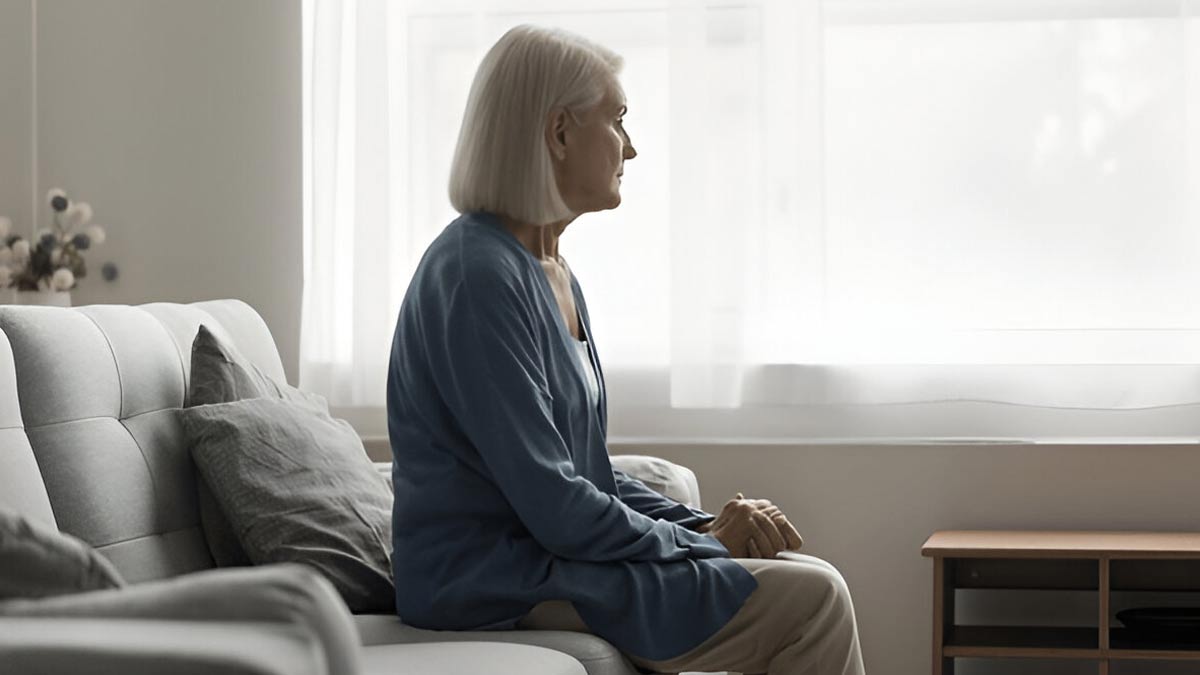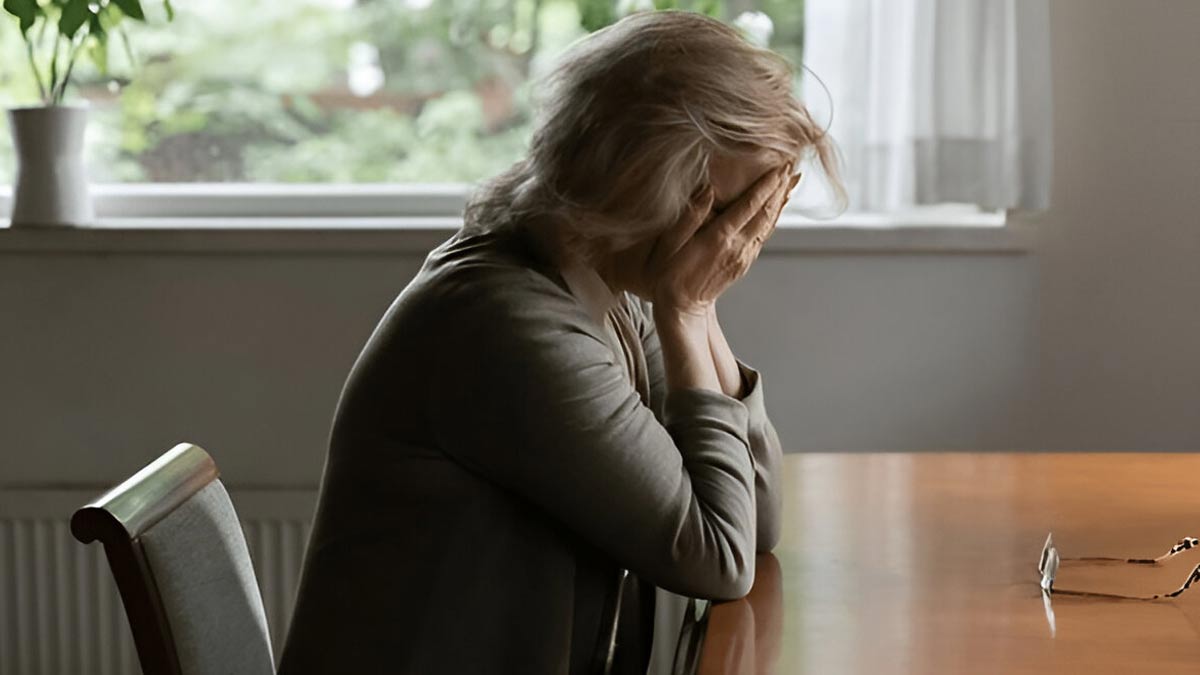
On June 12, 2025, Ahmedabad witnessed one of its deadliest tragedies in years: Air India Flight AI 171, carrying 242 passengers and crew, crashed into the hostel mess at BJ Medical College shortly after takeoff, resulting in 241 fatalities aboard and at least 38 on the ground. The entire city and the nation reel with grief, especially families still awaiting the return of their loved ones’ remains. If you're among those deeply affected by this sudden, unimaginable loss, here are some heartfelt strategies to cope with this grief.
Table of Content:-
CHECK YOUR
MENTAL HEALTH

Grief Comes in Waves

"Grief usually goes through different stages, including denial, anger, bargaining, depression, and acceptance. However, it's essential to understand that the grieving process varies from person to person. People may not experience all these stages or may not experience them in a particular order," said Dr Chandni Tugnait, MD (Alternative Medicines), Psychotherapist, Life Coach, Business Coach, Neuro-Linguistic Programming (NLP) Expert, Healer, Founder and Director - Gateway of Healing.
"Grief, in its various forms, can significantly impact an individual's mental state and overall well-being. If these emotions are not properly addressed, they can lead to enduring mental health issues," said Dr Divya Shree K R, Consultant Psychiatrist, Aster CMI Hospital, Bengaluru. Therefore, it is essential to recognise depression and anxiety symptoms and get help when needed.
According to the American Journal of Psychiatry, individuals who experienced the sudden loss of loved ones had a greater chance of receiving a diagnosis of mental illness, including depression, anxiety, and Post-Traumatic Stress Disorder (PTSD). Researchers found that the risk was even more pronounced in those experiencing the death of loved ones at an older age.
Also Read: How To Cope With Grief While Hustling, As Per A Psychiatrist
How To Cope With Grief And Loss?
We spoke to Priyanka Kapoor, Psychotherapist and Psychologist, who listed ways to cope with grief and loss:
Allow Yourself to Feel

"Suppressing pain only prolongs suffering. Allow space to cry, be angry, or simply sit in silence. Embracing emotional distress is part of healing. Try writing in a journal: short entries, letters to the person you lost, whatever spills out helps you process. Even a few lines a day provide relief," said Kapoor.
Build Your Support Network
You don’t have to go through this alone. Turn to friends, family, or grieving peers. If confiding in loved ones feels too heavy, consider a grief support group or therapist. Small-group meetings, either in person or virtually provide a space to communicate and feel less isolated.
Also Read: Concept Of 7 stages Of Grief: Know How your brain process it
Prioritise Self-Care During Emotional Turbulence
Grief strains both the heart and body. It's common to experience sleeplessness, poor appetite, exhaustion, or aches. Here's how to help yourself:
- Sleep routines: Aim for consistent sleep times, even if time in bed includes both rest and reflection.
- Gentle movement: Mindful breathing, stretching, or walking can calm a racing mind.
- Nourishing food: Small, nutritious meals support your emotional resilience.
- Journaling or art: Creative outlets help channel complex emotions constructively.
These actions won't eliminate grief, but they aid your resilience as you walk through it.
Know That Grief Doesn’t Have a Deadline
You might worry: Will I ever “get over it”? The reality is that grief doesn’t disappear, it evolves. Its intensity may subside as memories become a little softer, but anniversaries, milestones, or reminders can still cause tears. That’s entirely human.
Along with this, continue with your daily activities. It's okay to feel sad; validate and acknowledge those feelings while still doing your daily chores and work. This will help normalize the situation and make it more manageable. Instead of seeing bereavement as something to be solved, consider it a testament to love, proof that this person mattered deeply, and still does," added Kapoor.
When to Ask for More Help
Sometimes, grief spirals into prolonged depression, disconnection from daily life, or self-destructive habits. In such cases, professional assistance isn't a choice, it's a necessity. Therapists specialising in trauma and grief can provide effective tools to assist you in rebuilding.
Holding Hope Near
The journey through loss is long. Sometimes, grief is a tidal wave; other times, a quiet undertow. And although the pain may feel endless now, there will be moments of reprieve: a smile while recalling a joke, comfort in a friend’s embrace, calm amid routine.
[Disclaimer: This article contains information provided by an expert and is for informational purposes only. Hence, we advise you to consult your professional if you are dealing with any health issue to avoid complications. If you or someone around you is dealing with mental health issues, do not hesitate to ask for help.]
Also watch this video
How we keep this article up to date:
We work with experts and keep a close eye on the latest in health and wellness. Whenever there is a new research or helpful information, we update our articles with accurate and useful advice.
Current Version